Strawberries
#strawberries #spring #planting #stolon #strawberry #vegetable garden #smallfruits #strawberryremontant
Strawberries are renewed from time to time, approximately every 4 years. It is a rather greedy plant and, if you want a regular production, . !
Strawberries
Modern strawberries, the ones we love and grow in our gardens, have quite a history. The first cultivated plants were wild varieties that grew in Europe and North America. They were wild strawberries, which were harvested by hand in the forests. The same as those found in our woods!
In the 18th century, larger and sweeter strawberry varieties were developed through crossbreeding. At that time, the first strawberries were grown in greenhouses to extend the growing season. Strawberry varieties grown were mainly European.
In the 19th century, new strawberries arrived from North America. “Hautbois” for example was created by crossing European strawberries with American strawberries.
It was the beginning of the great strawberry adventure!!!
At the beginning of the 20th century, horticulturists developed even bigger varieties….
Since then, I won’t tell you… There are many new strawberries that are particularly resistant to diseases and parasites. In summary, you have a choice…
Everbearing and non-everbearing?
This is the first selection criterion. You should already be targeting either of these categories.Everbearing and non-everbearing strawberries have a few key differences, including how they flower and when they produce fruit.Non-everbearing strawberries produce fruit only once a year, usually in June or July, for a period of two to three weeks.Non-everbearing tend to produce a larger crop at one time, but they do not produce fruit throughout the season.Non-everbearing strawberries are said to be larger and sweeter than everbearing strawberries. But that’s a matter of perspective.Everbearing strawberries, on the other hand, produce fruit twice a year, once in June and once in autumn, with a production period that is more spread out throughout the season. Everbearing strawberries can produce fruit even in cooler climatic conditions. So the choice will be made according to your needs: peck throughout the season with the ascendants. Or favor a harvest, just to focus on jams… Or both… It’s possible too!
Culture
It is easy, accessible to all, even beginners! Choose a sunny spot: Plants need a minimum of six hours of sunlight a day to produce fruit.Prepare the soil as you would for other plants. Strawberries prefer well-drained and fertile soil, well yes, they are quite greedy…. You can add compost or well-rotted manure to enrich the soil.Dig holes 30 cm in diameter and deep for each strawberry plant. It’s a little big but it helps loosen the soil if the soil is too heavy. Space plants 30cm to 45cm apart. Water well, strawberries need plenty of water after planting. And the first months of planting, follow the watering so that the roots develop.Add a layer of mulch like hemp straw. Mulching will keep the strawberries from touching the ground. Plus, it will keep the soil cool and moist.
Stolon or not?
Big question… Why buy plants when it is easy to get runners.A stolon is an underground stem produced by a mother strawberry plant. Stolon produce roots and new plants form from the buds.They may seem invasive, but they are the new generation of strawberries and you can separate them from their stem to plant them here or there!The only thing that can get stuck is that it is the same plant. If you take the stolon of a remontant variety, it will give you exactly the same.Stolon produce plants genetically identical to the parent plantTo change registry, it is best to buy a commercially certified plant.The ideal is to do a bit of both.Nearby, nothing prevents you from discussing it with the neighbor and convincing him to give you a few runners. One thing too, if you collect the runners, don’t forget to put the name of the variety near the mother plant in order to know who you have to deal with… If the neighbor asks you, you can give him the name of the variety!

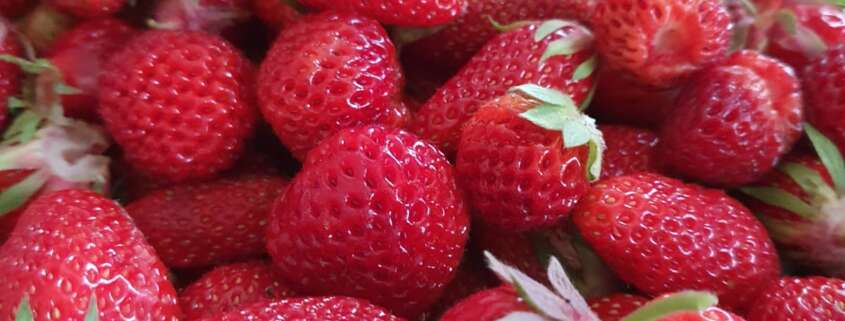
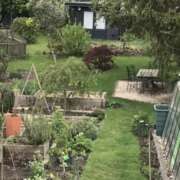
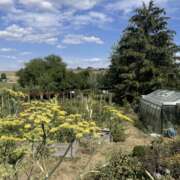
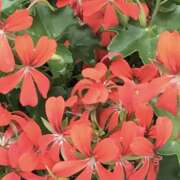

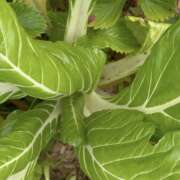
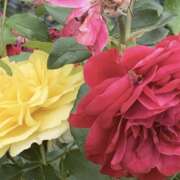
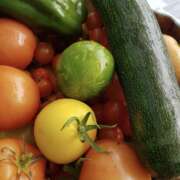


Leave a Reply
Want to join the discussion?Feel free to contribute!